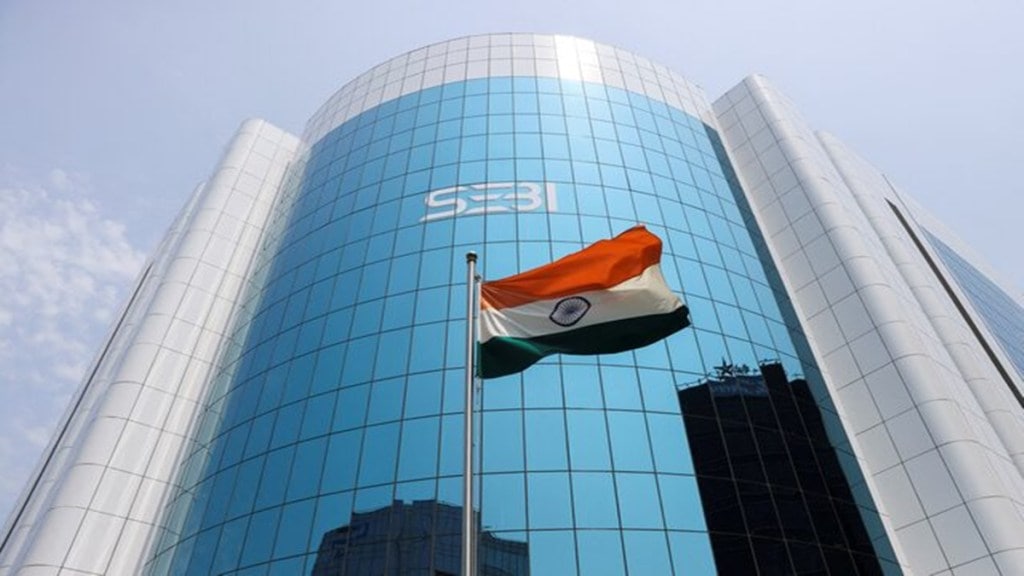The Securities and Exchange Board of India (SEBI) has finally decided on the derivative expiry days of the two prominent stock exchanges, with the National Stock Exchange (NSE) and BSE getting Tuesday and Thursday, respectively.
The decision comes after the market regulator issued guidelines last month restricting derivatives expiry days to these two days only. The new contracts will be launched from September onwards.
In their respective circulars, both the exchanges clarified that with the interchange in the expiry days, they will continue with the present expiry day for derivative contracts that will expire on or before August 31.
Industry players believe SEBI’s decision finally ends the long-drawn confusion among investors about the way the expiry day guidelines will be implemented and curb volatility. Some also believe that NSE, which had applied for Tuesday as its day, will have an extra advantage of two days of higher volumes.
Shriram Krishnan, chief business development officer at NSE told a TV channel, “In the overall interest of the ecosystem, we had sought feedback, and it was in favour of Monday expiry, but SEBI requested us to keep that on hold. So, Tuesday was the next best option.” He added that in terms of market share, the increase will be significant. “In the last many weeks our expiry day has 90-95% market share of total premium, even one and two days before we see similar market share,” he said.
Rajesh Palviya, head of technicals and derivatives at Axis Securities explained that a Tuesday expiry for NSE will benefit the exchange as investors will now have three working days to make decisions. Theta decay, or time decay over the weekend will also be less, according to him and many traders including hedge funds prefer NSE due to better products, more liquidity, and algos available on Nifty.
According to the regulator, in the multi-exchange framework, spacing out of expiry days through the week reduces concentration risk and provides an opportunity for stock exchanges to offer product differentiation to market participants. “At the same time, too many expiry days have the potential to revive expiry day hyperactivity, which could jeopardise investor protection and market stability,” it noted. The regulator has asked the exchanges to submit their proposals by June 15.
However, some believe that this will create a “level playing field”. Dharmesh Shah, head of technical research at ICICI Securities said many brokers are shifting to BSE and the trend of it gaining market share will continue.
In May, NSE gained around 1% market share from BSE in the derivatives segment after seeing a reduction for six consecutive months from December to April. As of May end the market share was at 63.5% for NSE and BSE’s 36.5%.
Palviya also believes that the market share gain for BSE happened as Bank Nifty weekly volumes were shifted to Sensex. For BSE to gain market share, it will have to launch more stock futures.
Mrugank M Paranjape, the chairperson of the IMC Task force on Capital Markets and Managing Partner MCQube, and also former CEO of MCX said this might stifle the growth of smaller exchanges. He also added that exchanges should get more leeway to launch weekly contracts.
Puneet Sharma, CEO at Whitespace Alpha CAT 3 AIF said this divergence creates an interesting dynamic—while NSE moves closer to global standards, BSE now has a chance to differentiate itself, though it may face liquidity fragmentation. “The real impact will be felt across the ecosystem: institutional investors will need to adapt to dual settlement cycles, brokers must update collateral and risk systems, and retail participants will require guidance to navigate the new landscape,” he said.

